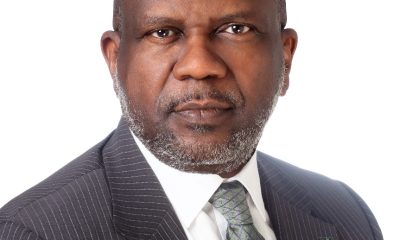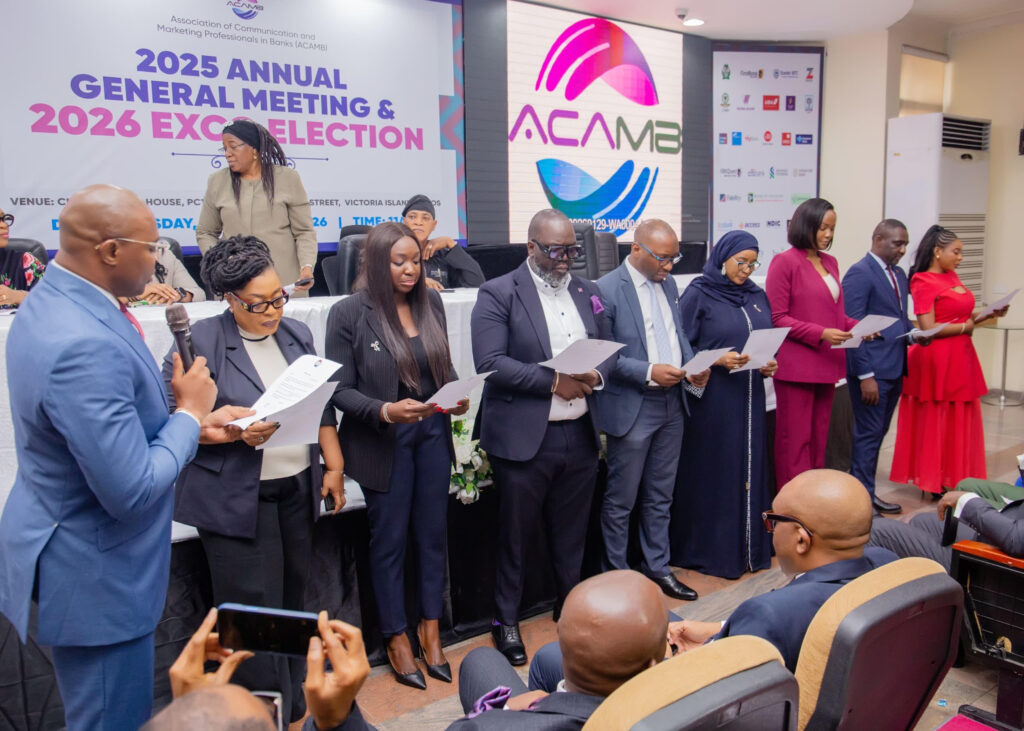- /home/porsch10/public_html/wp-content/plugins/mvp-social-buttons/mvp-social-buttons.php on line 27
https://porscheclassy.com/wp-content/uploads/2017/08/Pic-1-1-e1504169346922.jpg&description=Heritage Bank, NatnudO Partner On Food Security In Nigeria', 'pinterestShare', 'width=750,height=350'); return false;" title="Pin This Post">
- Share
- Tweet /home/porsch10/public_html/wp-content/plugins/mvp-social-buttons/mvp-social-buttons.php on line 69
https://porscheclassy.com/wp-content/uploads/2017/08/Pic-1-1-e1504169346922.jpg&description=Heritage Bank, NatnudO Partner On Food Security In Nigeria', 'pinterestShare', 'width=750,height=350'); return false;" title="Pin This Post">
BUSINESS
FIRST HOLDCO PLC – TAKING THE BULL BY THE HORN WITH A RECORD IMPAIRMENT CHARGE; GROWS GROSS EARNINGS TO N3.4 TRILLION FOR THE UNAUDITED FULL YEAR ENDED DECEMBER 31, 2025.
BUSINESS
Jide Sipe Named President, Abiodun Coker of UBA, Others Emerge As ACAMB Executives
BUSINESS
UBA Unveils Instant Account Opening Platform, With Fully Digital, Secure, Cross-border
-

 NEWS3 days ago
NEWS3 days agoReimagining Urban Spaces: The Forward-Thinking Public-Private Collaboration in Obalende’s Transformation By Babajide Fadoju
-

 BIG STORY2 days ago
BIG STORY2 days agoLagos Couple Stages Self-Kidnap To Raise Funds For Husband’s US Return Ticket, Arrested With N10m Ransom
-

 NEWS3 days ago
NEWS3 days agoAdron Homes Unveils “Love for Love” Valentine Promo with Exciting Discounts, Luxury Gifts, and Travel Rewards
-

 BIG STORY4 days ago
BIG STORY4 days agoReturn To Work Immediately Or Face Legal Action, Wike Tells FCTA Workers As Court Orders Strike Suspension
-

 BIG STORY3 days ago
BIG STORY3 days agoPolice Arrest Six For ‘Hacking Telecoms Firm To Divert N7.7bn Airtime’, Recover 400 Laptops, 1000 Mobile Phones
-

 BIG STORY4 days ago
BIG STORY4 days agoJudicial Reforms: Tinubu Proposes Virtual Hearings, Increases Appeal Court Justices To 110
-

 NEWS3 days ago
NEWS3 days agoSanwo-Olu’s Tough Actions, Soft Power By Tunji Bamishigbin
-

 BIG STORY4 days ago
BIG STORY4 days agoNLC Directs Unions To Continue FCTA Strike Despite Court Order






















